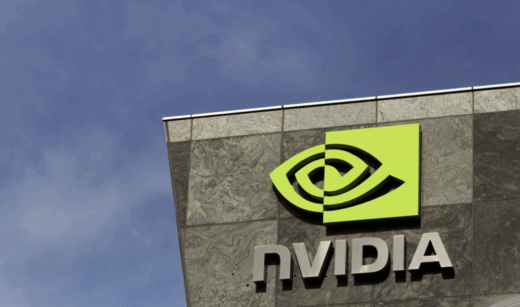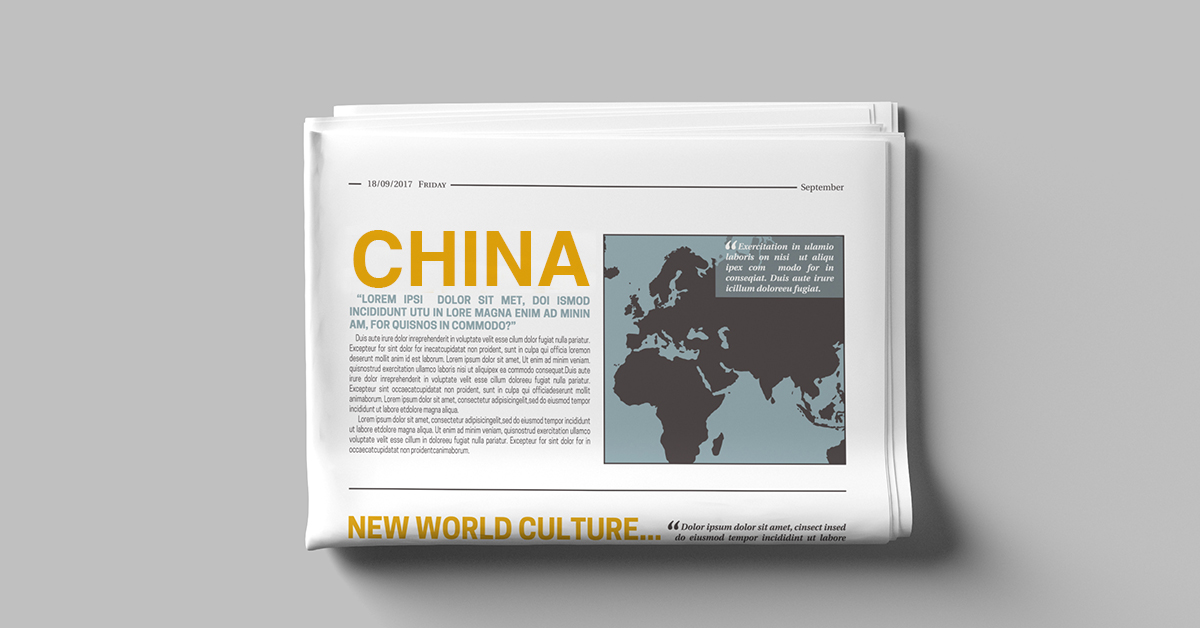China’s Goku Tech Enters the AI Olympics with Human-Inspired Training Method
Shanghai-based quantitative trading firm Goku Technologies is making waves in AI by submitting a breakthrough training method to NeurIPS, the “AI Olympics” of global machine learning. Challenging dominant techniques like Supervised Fine-Tuning (SFT) and Reinforcement Learning (RL), Goku introduces SASR—Step-wise Adaptive Hybrid Training—designed to mirror how humans develop reasoning. This method claims to outperform current mainstream approaches used by AI giants like OpenAI and DeepSeek. If SASR lives up to its promise, it could redefine how future AI models are trained.

Xiaomi’s XRing O1 Chip Takes Aim at Apple’s A18 Pro in Silicon Showdown
Xiaomi has officially entered the high-performance chip arena with the debut of its XRing O1 integrated circuit, boasting benchmark results that rival—and in some cases surpass—Apple’s A18 Pro. The 10-core chip was developed in-house over four years and manufactured using an advanced 3-nanometre process, enabling 19 billion transistors—matching Apple’s latest. Xiaomi CEO Lei Jun highlighted its superior architecture as key to its edge in select tests.
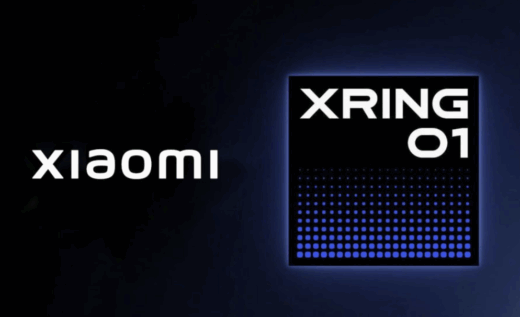
BYD Overtakes Tesla in Europe Despite Higher Tariffs—A Turning Point in the EV Race
In a historic first, China’s BYD outsold Tesla in pure electric vehicle (EV) registrations across Europe last month, marking a pivotal moment for the continent’s auto market, according to JATO Dynamics. Despite facing a 17% EU tariff—more than double Tesla’s—BYD’s sales jumped 359% year-on-year, while Tesla saw a 49% decline, partly due to regional backlash against Elon Musk. BYD now surpasses legacy brands like Fiat and Seat in France and is gearing up for local production in Hungary.
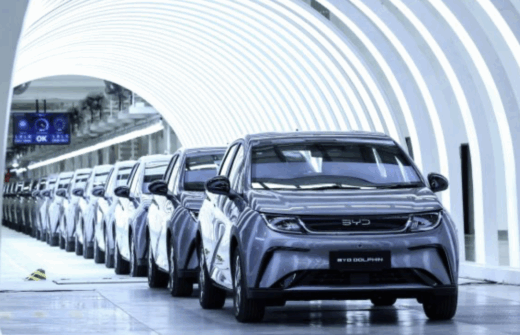
OpenAI Buys Jony Ive’s Startup for $6.4B—Blending AI Brains with Iconic Design
OpenAI is entering the hardware race with a $6.4 billion all-equity acquisition of io, the AI device startup founded by legendary Apple designer Jony Ive. The move brings Ive and his elite team—formerly behind the iPhone and MacBook—into OpenAI’s fold, while his design firm LoveFrom remains independent. CEO Sam Altman called Ive “the greatest designer in the world,” signaling bold ambitions as OpenAI expands beyond software into physical products.

Google’s Veo 3 Breaks the Silence: AI Video Meets Synchronized Sound
At Google I/O 2025, Google unveiled Veo 3, its most advanced AI video generator yet—capable of producing not only visuals but synchronized audio, including dialogue and sound effects. Veo 3 marks a major leap from its predecessor, offering lifelike scenes with real-world physics and lip syncing. Built on DeepMind’s earlier video-to-audio work, it may be trained using YouTube data and comes with SynthID watermarking to deter deepfakes.

Imec CEO Warns: AI Hardware Risks Falling Behind Without Reconfigurable Chips
Luc Van den hove, CEO of leading semiconductor R&D firm imec, warns that the rapid evolution of AI software is outpacing hardware development, risking costly “stranded assets.” He argues the future lies in reconfigurable chip architectures—flexible systems that can adapt to shifting AI needs. Instead of rigid, power-hungry chips, imec envisions “supercells” connected by a dynamic network-on-chip, enabling real-time updates as algorithms evolve. This will depend on 3D stacking, a technique imec helped pioneer and soon to be used in Intel and TSMC chips. Van den hove’s message: to keep pace with AI, the chip industry must rethink how it builds.
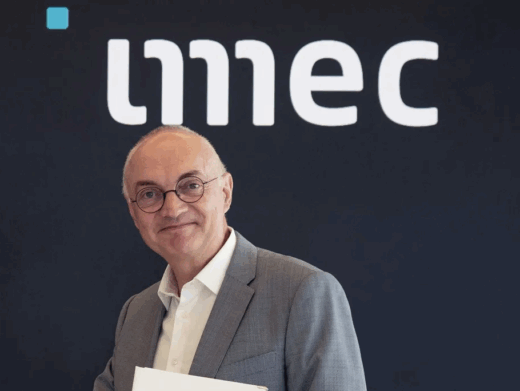
Nvidia’s China Strategy: New AI Chip Aims to Beat the Ban, Not the Benchmark
Nvidia is launching a lower-cost AI chip for China based on its new Blackwell architecture, priced at $6,500–$8,000—far cheaper than the now-banned H20 model. Designed to comply with strict U.S. export controls, the GPU uses conventional GDDR7 memory and avoids advanced packaging from TSMC, keeping bandwidth within the 1.7 TB/s regulatory cap. Nvidia’s market share in China has plunged from 95% to 50% amid rising competition from Huawei.
